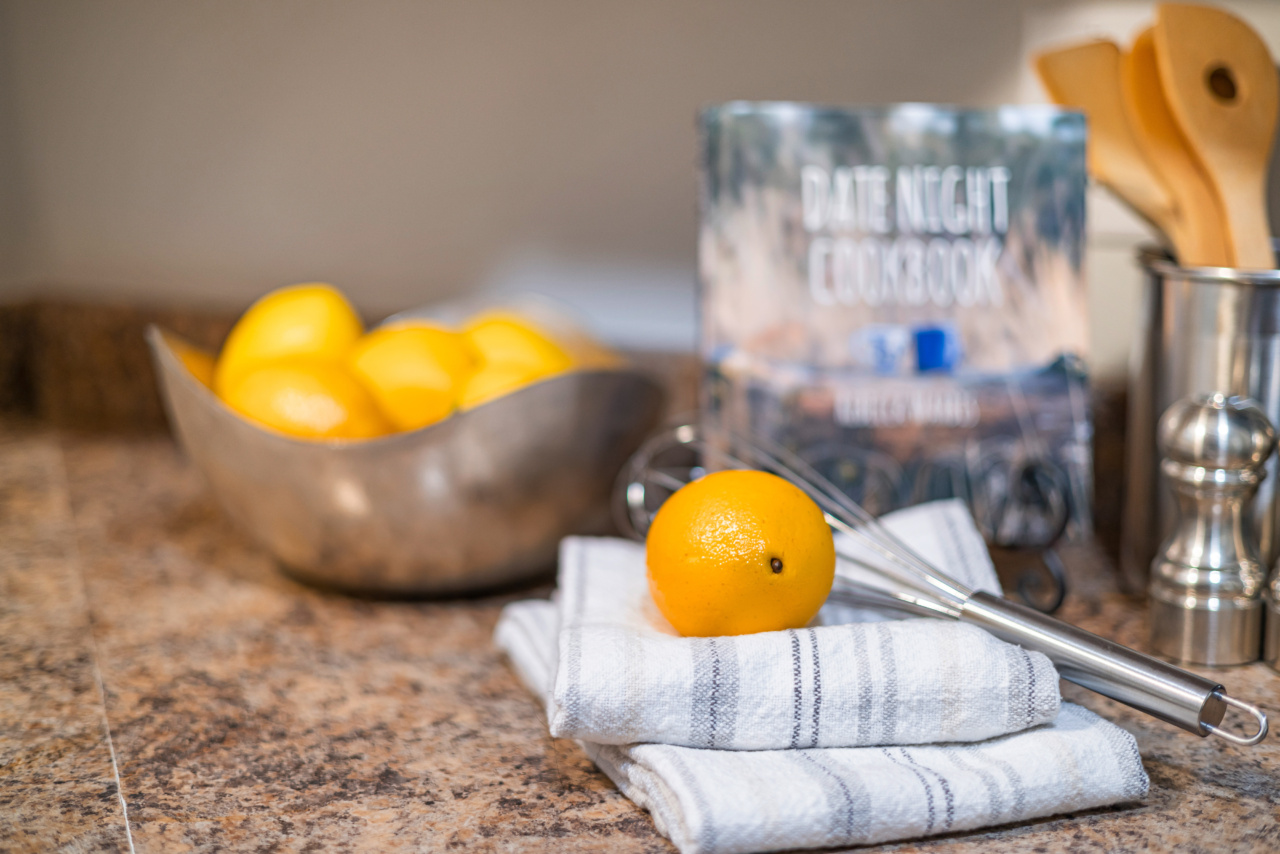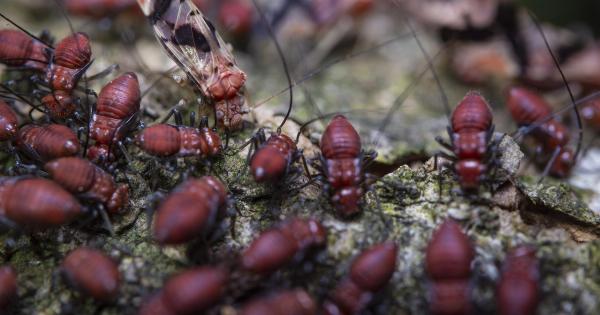Kitchen towels are commonly used to wipe up spills, dry hands, and clean surfaces in the kitchen.
However, did you know that these towels could be harboring harmful bacteria that can make you sick? In this article, we will explore the dangers of using dirty kitchen towels and share some tips on how to keep them clean.
What Bacteria Can be Found on Kitchen Towels?
Kitchen towels are often in contact with food, dishes, and hands, which makes them a perfect breeding ground for bacteria. Some of the most common bacteria found on kitchen towels include:.
- Escherichia coli (E. coli)
- Salmonella
- Listeria
- Staphylococcus aureus (Staph)
Why Are Dirty Kitchen Towels Dangerous?
When bacteria are present on kitchen towels, they can easily transfer to other surfaces and food items in the kitchen, leading to foodborne illnesses.
Additionally, if you use a dirty towel to dry your hands, you could be introducing harmful bacteria to your skin, which can cause infections.
Studies have shown that kitchen towels can be a significant source of food contamination. A study published in the Journal of Food Protection found that up to 89% of kitchen towels sampled contained potentially harmful bacteria.
Additionally, the study found that the risk of contamination was higher in larger families and in homes where meat was prepared.
How to Keep Your Kitchen Towels Clean
The good news is that keeping your kitchen towels clean and free of bacteria is relatively easy. Here are some tips:.
Wash Your Towels Frequently
One of the most effective ways to keep your kitchen towels clean is to wash them frequently. Ideally, you should wash them after every use. If that’s not possible, aim to wash your towels every day or two.
When washing your towels, use hot water and a mild detergent.
Avoid Cross-Contamination
When handling raw meat, be sure to use a separate towel to clean up any spills or to dry your hands. Avoid using the same towel for other kitchen tasks, such as wiping down counters or dishes.
Additionally, do not use the same towel to clean multiple surfaces.
Dry Your Towels Thoroughly
Bacteria thrive in moist environments. To reduce the risk of bacterial growth, be sure to dry your kitchen towels thoroughly after each use. Hang them up to dry, or place them in a dryer on a high heat setting.
Use Disposable Towels
If you’re concerned about the cleanliness of your kitchen towels, consider using disposable paper towels. While this may not be the most environmentally friendly option, it can help reduce the risk of bacterial contamination.
Conclusion
Kitchen towels are an essential tool in any kitchen, but they can also be a breeding ground for harmful bacteria.
To keep your kitchen towels clean and safe, be sure to wash them frequently, avoid cross-contamination, dry them thoroughly, and consider using disposable paper towels. By taking these simple steps, you can keep your kitchen safe and healthy.































